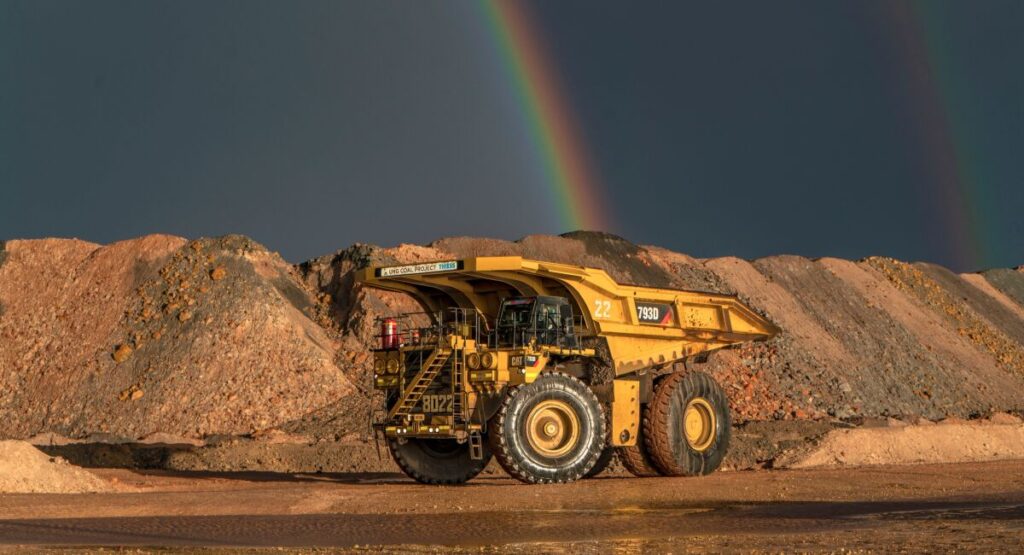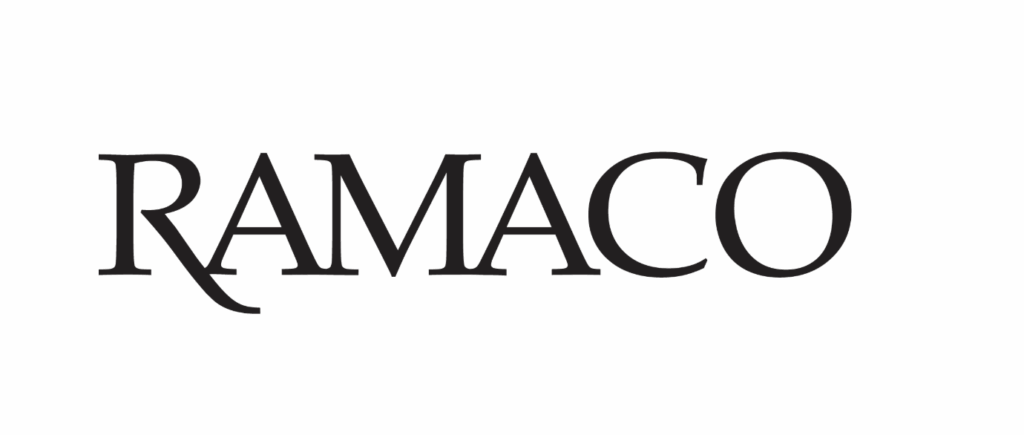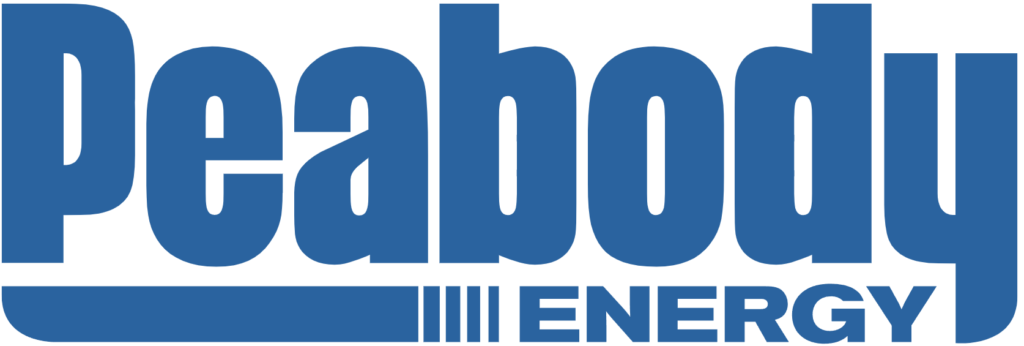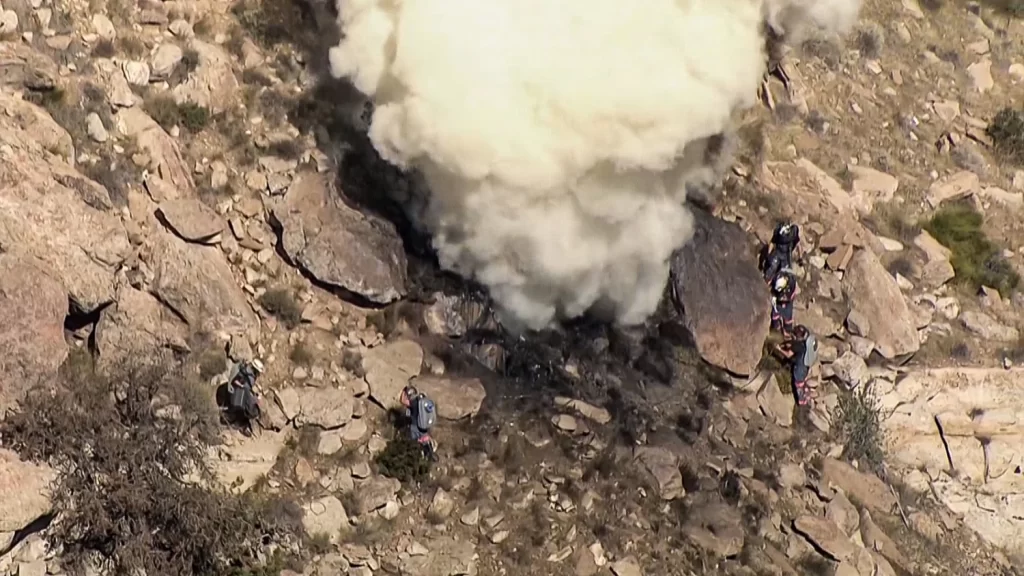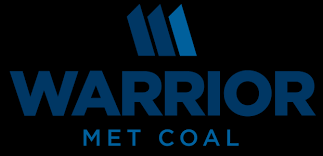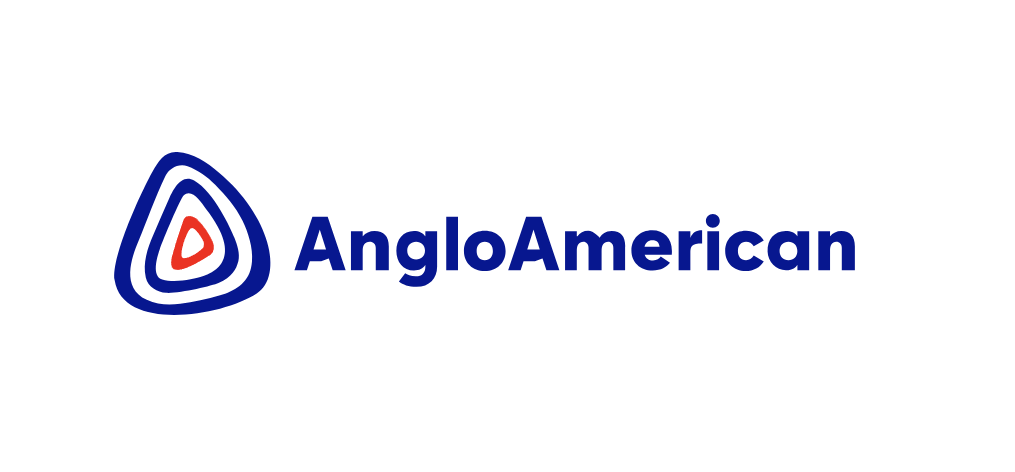Australian coal producers are increasingly dabbling in high-interest private loans as lenders look to replace reluctant banks that are held back by ESG concerns.
Sydney-based coal miner Whitehaven Coal Ltd.’s deal last month to secure a $1.1 billion loan for buying two mines attracted 17 private credit lenders and only one bank. A consortium led by Golden Energy and Resources Pte Ltd. also is sounding out private credit funds, as well as banks, to secure financing for its $1.65 billion acquisition of a coal mine in Australia, according to people familiar with the matter.
Their talks reflect the growing prominence of private credit, which has ballooned to a $1.7 trillion market worldwide by taking on riskier projects with attractive margins. Private credit firms’ forays into the coal business signify more battles ahead for ESG proponents even while banks back away from environmentally questionable projects.
“There’s different forms of private capital, family office money and other individuals who don’t have the same ESG obligations or pressures as what some of the big funds do,” said Nick Sims, co-head of investment banking, Australia & New Zealand at Goldman Sachs Group Inc. “There’s a role for them and they have been playing that role.”
More broadly, private credit is one of several alternative funding sources that the energy industry has tapped in recent years as ESG-based lending metrics hamper banks. Private equity firms have been more active in the business amid the retrenching. Asset-backed bonds, supported by oil and gas reserves, have also come into play.
Another funding source for coal miners is to sell a minority stake to their customers, such as steel manufacturers, who want to ensure their supply can be sustained, according to Rory Simington, principal analyst for Asia Pacific thermal coal research at analytics firm Wood Mackenzie. JSW Steel’s reported talks to buy a 20% stake in a Whitehaven-owned coal mine may be an example, he said.
Higher Borrowing Costs
Whitehaven’s reception from private credit firms is in sharp contrast to its struggles last year. The company had to pull a A$1 billion ($653 million) loan refinancing due to banks’ unwillingness to extend the loan, the Sydney Morning Herald reported.
Some of Australia’s major banks — Australia & New Zealand Banking Group Ltd., Commonwealth Bank of Australia, National Australia Bank Ltd. and Westpac Banking Corp. — all have committed to limit or refrain from lending to thermal coal miners.
Whitehaven’s new pool of lenders are mainly international funds, such as Hong Kong-based Asia Research & Capital Management Ltd, Farallon Capital Management LLC and Sona Asset Management Ltd.
Its deal also underscores the fact that alternative lenders would be typically more expensive. Whitehaven is paying 650 basis points over SOFR for the debt.
“Mainstream lenders do not want to finance coal, so they have to go to higher cost hedge funds and family offices,” said Patrick Marshall, head of private credit at Federated Hermes.
Private credit could also come in handy as coal miners transition into new business lines. Whitehaven’s private credit loan refinances a $900 million bridge loan to back the takeover of two mines for metallurgical coal, a key ingredient in steel manufacturing and considered less environmentally threatening than thermal coal.
“If you can badge your project or your company as metallurgical coal rather than thermal coal, it makes a huge difference in terms of who you can talk to or who’s able to finance,” Simington at Wood Mackenzie said.
Source: Bloomberg

